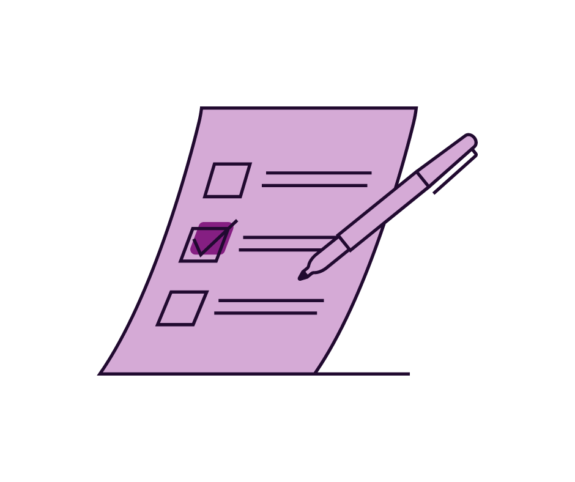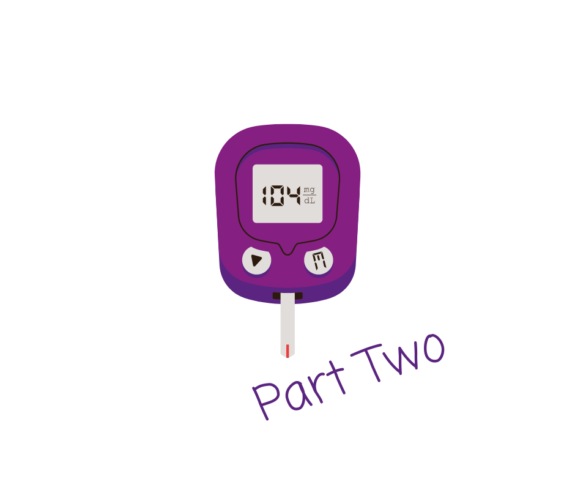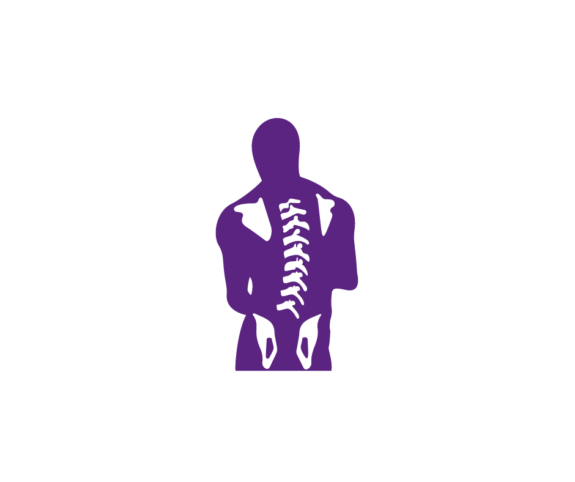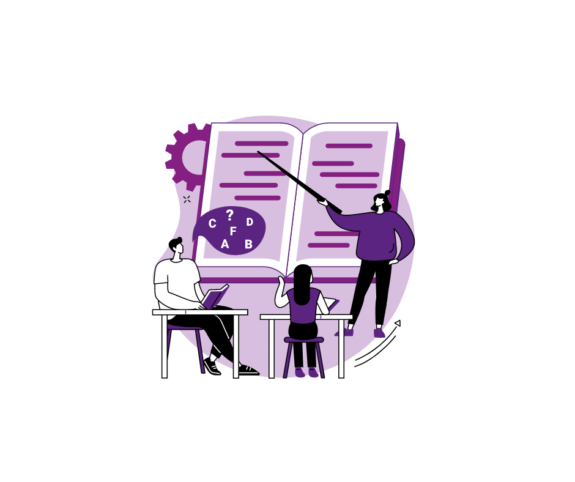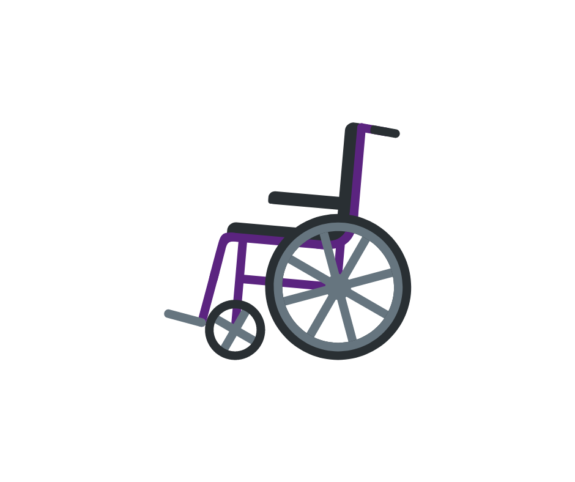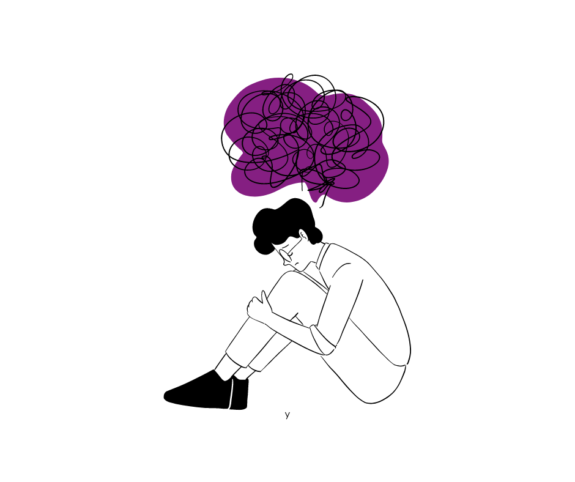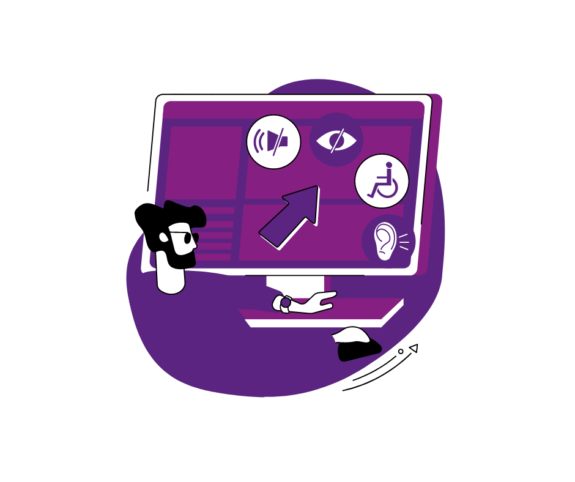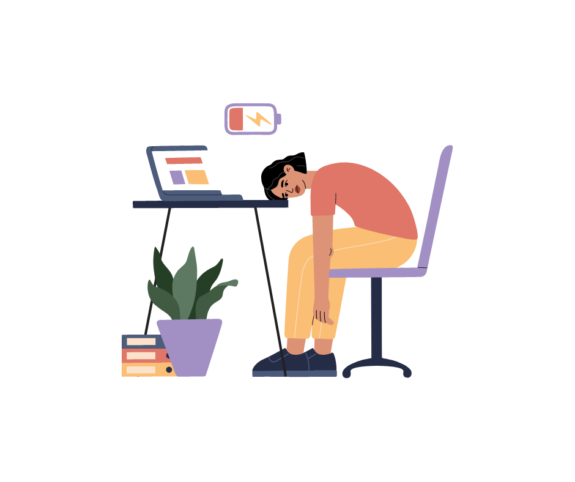What benefits am I entitled to if I have a disability?
The benefits system can be confusing and overwhelming, so we’ve decided to break it down for you and list the most common benefits you can apply for if you have a disability, illness or mental health condition.
We’ll tell you what it is, who is eligible and the best way to apply as well as offering links to the best places to get help and advice.
While there are many benefits available, we’ve only focused on the main ones. A full list of what is on offer can be found here: https://www.gov.uk/browse/benefits/disability.
Personal Independence Payment (PIP)
What is it?
PIP is extra money, (that is not means tested, meaning the amount of money you have in the bank or in savings isn’t taken into account), available to help you navigate everyday life if you have a long-term disability, illness or mental health condition. You can receive it along with other benefits and you don’t have to be out of work.
Introduced in April 2013, it was designed to replace Disability Living Allowance (DLA) and has been the subject of much contention since its inception. Stories of claimants being subjected to derogatory and humiliating interviews, being summarily dismissed and denied a benefit designed for them are rife in the media. Many claimants give up after the first hurdle, feeling unable to continue.
Who is eligible?
To be eligible for PIP you must:
-
Be 16 or over.
-
Have a long-term physical or mental health condition or disability.
-
Expect your condition to last for at least 12 months from when it started.
What could I receive?
PIP is split into two components: daily living and mobility. These are split again into a lower and higher rate and which one you get is determined by a points system that the DWP use to decide how capable you are of completing certain tasks in each section.
Lower weekly rate Higher Weekly Rate
Daily Living £60.00 £89.60
Mobility £23.70 £62.55
How do I apply?
The best way to apply is to go to the Government website using the link below and follow the instructions. We also would highly recommend going over to the Citizen’s Advice website or into your local centre before you start as they can give you tips and advice (it’s in the name really) as to the best way to proceed with the application.
https://www.citizensadvice.org.uk/benefits/sick-or-disabled-people-and-carers/pip/
What are my chances?
If you go by what you hear in the media, then they’re not great. However, more than 70% of decisions are overturned when appealed so it is worth a try.
Disability Living Allowance (DLA)
What is it?
DLA was introduced in 1992 as a way to help adults and children who needed help with personal care or had mobility issues. It is gradually being phased out and replaced with PIP and is currently only available for new applications for children under the age of 16. It is intended to help with the extra costs of looking after a child with a disability, illness or mental health condition.
Who is eligible?
To be eligible for DLA you must:
-
Be under 16.
-
Have difficulties walking or need much more looking after than a child of the same age who does not have a disability.
-
Have lived in Great Britain for at least 6 of the last 12 months if over 3 years old.
-
Have had the difficulties for at least 3 months and be expected to last more than 6 months.
What could I receive?
DLA is split into two components: the Care component and the Mobility component. What you receive will depend on how much care and supervision your child needs and is split into the lowest, middle and highest rate.
Lowest weekly rate Middle weekly rate Highest weekly rate
Care Component £23.70 £60.00 £89.60
Mobility Component £23.70 – £62.55
There are also some age limits to the mobility component. To receive the lowest rate, the child must be 5 or over and to receive the highest rate the child must be 3 or over.
How do I apply?
The best way to apply is to go on the Government website using the link below. Again, we recommend you visit the Citizens Advice website or pop into your local branch if possible before applying.
https://www.gov.uk/disability-living-allowance-children
Employment and Support Allowance (ESA)
What is it?
ESA is a benefit designed to help you if you have a disability or health condition that affects how much you are able to work. You can apply if you’re employed, unemployed or self-employed. It cannot be applied for if you’re receiving Jobseeker’s Allowance or Statutory Sick Pay. If you get Universal Credit you can still apply for ESA but the amount of UC you receive could be reduced.
Who is eligible?
To be eligible for ESA you must:
-
Be aged 16 or over.
-
Be under State Pension Age.
-
Live in England, Wales or Scotland.
-
Have a disability or health condition that limits the hours you can work.
-
Have worked as an employee or been self-employed.
-
Paid enough National Insurance contributions within the last 2-3 years.
If you are already working or want to start working, you cannot work more than 16 hours a week while receiving ESA and you cannot earn more than £143 a week.
What could I receive?
What you could get will depend on your age, what stage your application is at and which group you are put into. You could receive:
Under 25 Over 25
Assessment Rate £59.20 £74.70
Work-Related Group Support Group
After Assessment £74.70 £114.10
If you’re in the work-related group, you will be expected to attend sessions and look for work. If you’re in the support group, you are not expected to look for work and could be entitled to an enhanced disability rate.
How do I apply?
Go to the Government Website using the link below, but do check with Citizen’s Advice. Applying for ESA can be a bit of a minefield so it’s a good idea to get some extra help.
https://www.gov.uk/employment-support-allowance
Attendance Allowance (AA)
What is it?
AA is designed to help you if you have reached State Pension Age and your disability or illness is severe enough that you need someone to help you every day.
Who is eligible?
To be eligible for AA you must:
-
You have a physical disability (including sensory disability, for example, blindness), a mental disability (including learning difficulties), or both.
-
Your disability is severe enough for you to need help caring for yourself or someone to supervise you, for your own or someone else’s safety.
-
You have needed that help for at least 6 months (unless you’re terminally ill).
-
Be in Great Britain when you claim.
-
Have been in Great Britain for 2 of the last 3 years.
You cannot claim AA if you are already in receipt of PIP or DLA.
What could I receive?
What you get will depend on the amount of care you need. You could receive:
Rate Level of help you need
Lower rate – £60.00 Frequent help or constant supervision during the day, or supervision at night.
Higher rate – £89.60 Help and supervision throughout the day and night, or if you’re terminally ill.
How do I apply?
Go to the Government website using the link below, and you can also check with Citizen’s Advice.
https://www.gov.uk/attendance-allowance
Carers Allowance (CA)
What is it?
CA is available to those who are caring for someone who is disabled or has an illness or mental health condition, as long as it’s at least 35 hours a week.
Who is eligible?
The be eligible for CA the person you are caring for must receive at least one of the following benefits:
-
Personal Independence Payment – daily living component
-
Disability Living Allowance – the middle or highest care rate
-
Attendance Allowance
-
Constant Attendance Allowance at or above the normal maximum rate with an Industrial Injuries Disablement Benefit
-
Constant Attendance Allowance at the basic (full day) rate with a War Disablement Pension
-
Armed Forces Independence Payment
-
Child Disability Payment – the middle or highest care rate
You, yourself must:
-
Be aged 16 or over.
-
Spend at least 35 hours a week caring for someone.
-
Not be in full-time education.
-
Not be studying for 21 hours a week or more.
-
Have earnings less than £128 or less a week after tax, National Insurance and expenses.
You cannot get CA if you share duties with someone else and they already claim it and claiming CA can affect any benefits the person you are caring for is receiving.
What could I receive?
You could receive £67.60 a week.
How do I apply?
Use the link below to go to the Government website to find out more information and start your claim. We would also recommend checking with Citizen’s Advice for more help and information as it can get quite complicated.
https://www.gov.uk/carers-allowance
https://www.citizensadvice.org.uk/benefits/sick-or-disabled-people-and-carers/carers-allowance/
The Government website is the obvious place to start, but we cannot recommend enough checking with other sources in order to have the most chance of success with your claim.
https://www.citizensadvice.org.uk/benefits/sick-or-disabled-people-and-carers/
https://www.scope.org.uk/advice-and-support/benefits-funding-extra-costs-of-being-disabled/
https://www.gov.uk/health-conditions-disability-universal-credit
https://www.gov.uk/financial-help-disabled/disability-and-sickness-benefits
